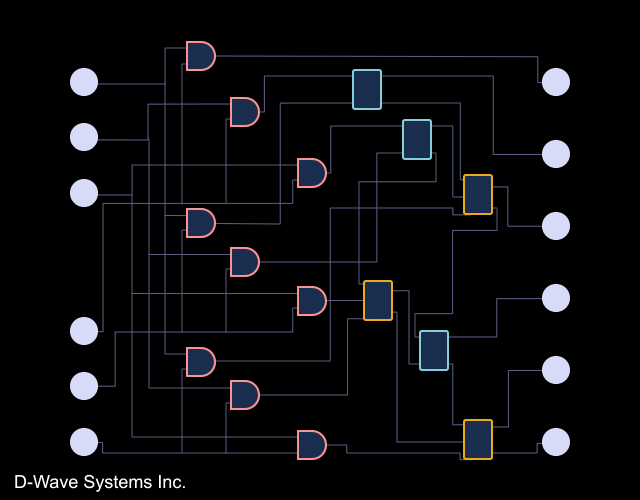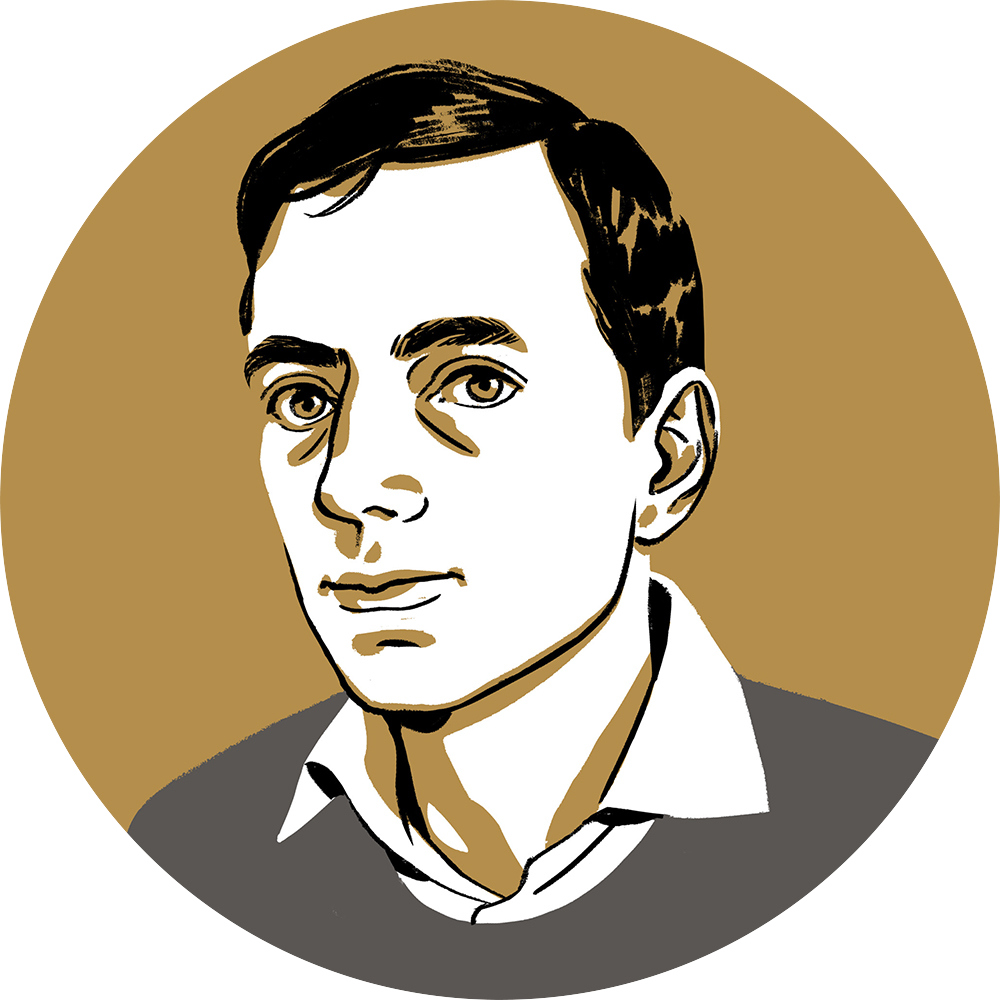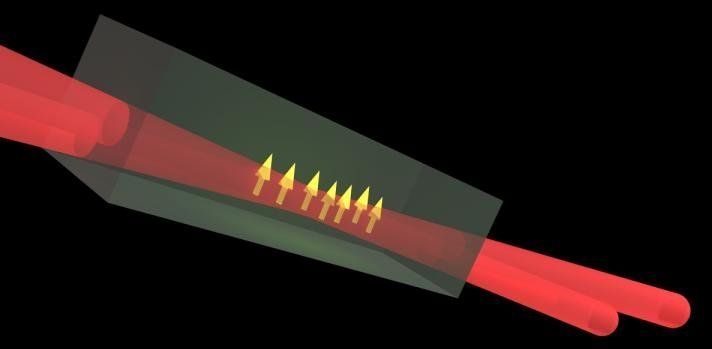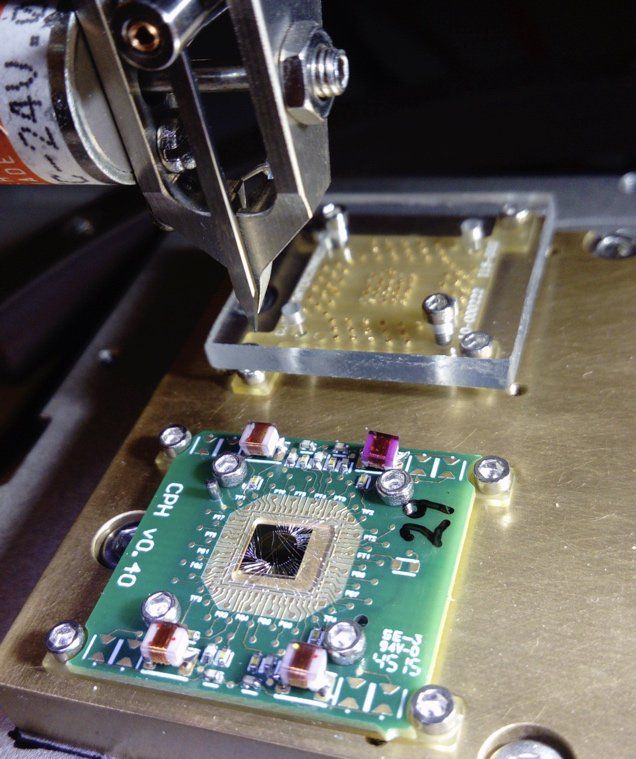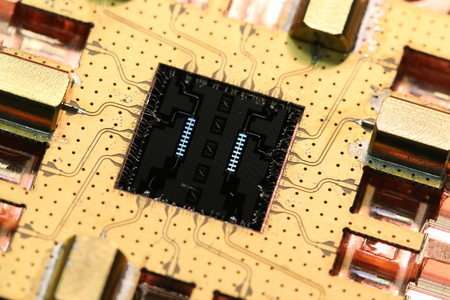Conventional computers store information in a bit, a fundamental unit of logic that can take a value of 0 or 1. Quantum computers rely on quantum bits, also known as a “qubits,” as their fundamental building blocks. Bits in traditional computers encode a single value, either a 0 or a 1. The state of a qubit, by contrast, can simultaneously have a value of both 0 and 1. This peculiar property, a consequence of the fundamental laws of quantum physics, results in the dramatic complexity in quantum systems.
Quantum computing is a nascent and rapidly developing field that promises to use this complexity to solve problems that are difficult to tackle with conventional computers. A key challenge for quantum computing, however, is that it requires making large numbers of qubits work together—which is difficult to accomplish while avoiding interactions with the outside environment that would rob the qubits of their quantum properties.
New research from the lab of Oskar Painter, John G Braun Professor of Applied Physics and Physics in the Division of Engineering and Applied Science, explores the use of superconducting metamaterials to overcome this challenge.
Read more
